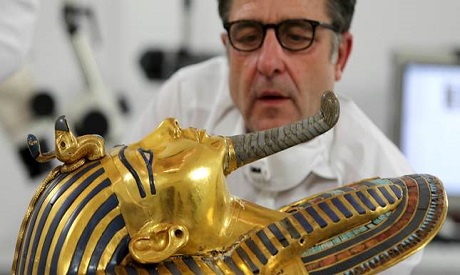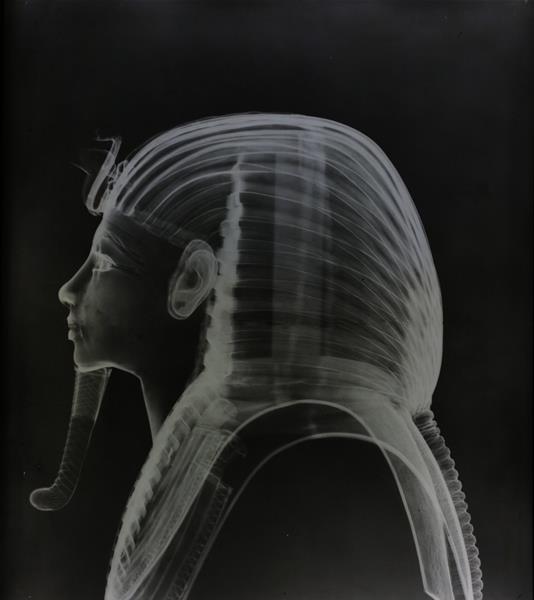In the annals of international exhibitions, few events have captured the world’s imagination quite like “Toutankhamon et son temps” held in Paris from February 17 to September 4, 1967. This monumental exhibition not only set a world record with approximately 1.2 million visitors but also marked a significant milestone in Egyptian-French relations and the study of ancient Egyptian treasures.
A Diplomatic Milestone

The year 1967 witnessed a profound rapprochement in Egyptian-French relations, spurred by cultural exchanges and archaeological cooperation. French archaeological missions resumed their work in Egypt, and the Centre Franco-Égyptien d’Étude des Temples de Karnak was established, symbolizing a renewed commitment to preserving Egypt’s rich cultural heritage.
The Birth of a Spectacle
The genesis of the exhibition stemmed from a letter sent by French President Charles de Gaulle to President Gamal Abdel Nasser, proposing a grand showcase of King Tutankhamun’s treasures in Paris. Supervised by the Minister of Culture of France, André Malraux, and Egyptian Minister of Culture, Dr. Tharwat Okasha, the exhibition was entrusted to French archaeologist Christiane Desroches Noblecourt and Dr. Mohamed Hassan Abdel Rahman, Director General of the Egyptian Museum in Cairo.
Unveiling Tutankhamun’s Treasures

Forty-five of King Tutankhamun’s treasures were carefully selected for display, with the iconic golden mask taking center stage for the first time outside Egypt. This exquisite artifact, revered for its craftsmanship and historical significance, became the highlight of the exhibition, captivating visitors with its intricate beauty and cultural importance.
Technological Marvels: X-raying the Golden Mask
Prior to the exhibition’s inauguration, Dr. Mohamed Hassan Abdel Rahman, in collaboration with French medical associations, utilized newly invented X-ray technology to examine the golden mask. This pioneering approach aimed to monitor any changes to the mask during display and understand its intricate construction without internal soldering—a testament to the advanced metalworking skills of ancient Egyptian artisans.
Legacy of X-rays

The X-rays, which provided unprecedented insights into the mask’s construction and dimensions, remained in the possession of Dr. Mohamed Hassan Abdel Rahman before being transferred to archaeological researcher Francis Amin. In a remarkable act of preservation and collaboration, these historic X-rays found a new home at the Antiquities Museum at the Bibliotheca Alexandrina, thanks to coordination with the Italian Embassy in Cairo. Today, they stand as rare and invaluable artifacts, enriching our understanding of ancient Egyptian artistry and technological prowess.
Conclusion: Preserving Cultural Heritage
The “Toutankhamon et son temps” exhibition of 1967 remains a landmark event in the history of archaeology and cultural diplomacy. Beyond its record-breaking attendance and the display of King Tutankhamun’s treasures, it symbolizes the enduring collaboration between nations in preserving and celebrating our shared cultural heritage—a legacy that continues to inspire and educate generations around the world.
